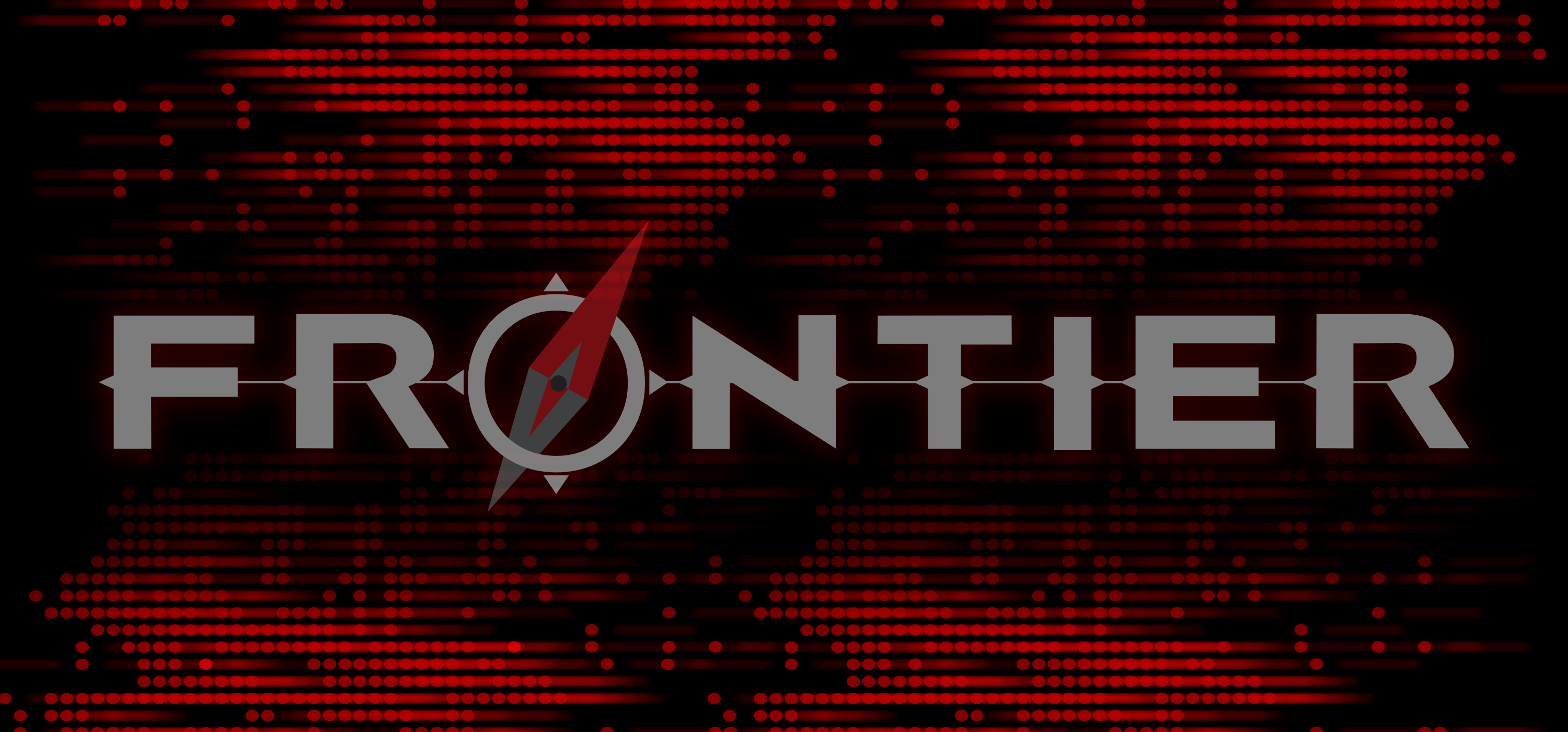
Spring 2026 Frontier Hackathon
Event Overview
Virtual Event
The Spring 2026 Frontier Hackathon will be held virtually. Teams will participate remotely via Zoom and collaborate using Slack. Please ensure your team members are available online during the scheduled dates.
The Frontier Hackathon is a multi day collaborative event designed to advance fundamental scientific research through high performance computing. This hackathon is a virtual event, hosted via Zoom and Slack, bringing together teams and mentors from OLCF, AMD, HPE, and other partners.
Admission
Admission to this hackathon is competitive and requires a brief application. The form will ask you to:
- Describe your HPC application code or codes.
- Set specific and achievable goals for your team during the hackathon.
Goal Submission
When submitting your goals, please include:
- Clear examples from your application or workflow.
- Links to publicly accessible codes or datasets that support your goals, if available.
Selection Criteria
Teams will be selected based on:
- How clear, specific, and reasonable their goals are for a four day hackathon.
- How effectively they describe their code and its relevance to Frontier and its mission to support fundamental scientific research.
Allocation Requirements
Priority will be given to existing Frontier users. Future users may apply, but must have an allocation in place by the Call for Proposals close date: March 4, 2026. We encourage future users to apply for allocations early to ensure eligibility. As a last resort, limited access to Odo may be provided if allocations cannot be secured, but the preferred path is a Director’s Discretionary (DD) allocation.
Director’s Discretionary Applications
Future users will only be considered once they have been granted a Director’s Discretionary allocation on Frontier. Please review the Director’s Discretionary allocation guidance before applying.
DD allocations for hackathon participants may be granted for the duration of the event, extending from acceptance through one week after the hackathon concludes.
Important Note
Avoid proposing goals that require large scale use of Frontier, since hackathon reservations will be limited to approximately forty nodes across all teams. This ensures ongoing production science campaigns are not impacted.
Team Member Requirements
Each team must include at least three active members during the hackathon. Applications that do not meet this requirement will not be considered.
Proposal Submission
Admission
Admission to this hackathon is competitive and requires a brief application. The application form will ask you to:
- Describe your HPC application code or codes.
- Set specific and achievable goals for your team during the hackathon.
Goal Submission
When submitting your goals, please include:
- Clear examples from your application or workflow.
- Links to publicly accessible codes or datasets that support your goals, if available.
Selection Criteria
Our aim is to select teams that can best utilize the hackathon and Frontier to support fundamental scientific research. Teams will be selected based on:
- How clear, specific, and reasonable their goals are for a four day hackathon.
- How effectively they describe their code and its relevance to Frontier and its mission to support fundamental scientific research.
Important Note
Avoid proposing goals that require large scale use of Frontier, since hackathon reservations will be limited to approximately forty nodes across all teams. This ensures ongoing production science campaigns are not impacted.
Director’s Discretionary Applications
Future users will only be considered once they have been granted a Director’s Discretionary allocation on Frontier. Please review the Director’s Discretionary allocation guidance before applying.
Priority will be given to existing Frontier users.
Example Goals
Below are examples to inspire your proposal. Propose other goals that align with your scientific research priorities on Frontier. We will accept proposals that support fundamental scientific research or tools that advance scientific discovery. We will not accept proposals seeking to develop commercial software.
-
- Enable an application to scale effectively across multiple nodes.
- Explore methods to accelerate computationally intensive processes.
- Implement helpful tools or libraries to enhance functionality or usability.
- Implementation of AI Surrogates.
- Optimize an existing HPC application for Frontier nodes.
- Optimize an Existing AI Code for Frontier Nodes.
- Tackle performance or scalability issues within your code or workflow.
Resources and Preparation
Profiler Training Series: A series of training events early in the year will help you prepare a strong proposal. These sessions will guide you in identifying performance bottlenecks, scaling opportunities, and optimization strategies to make the most of Frontier. See the Hackathon Timeline for dates.
For more information, visit the Frontier Hackathons Page (coming soon).
Hackathon Timeline
The Hackathon Timeline provides key dates, training opportunities, and deadlines to help teams prepare and succeed. Use this section to track important milestones such as the March 4, 2026 proposal deadline, Profiler Training Series, and the scheduled hackathon sessions in April.
| Event | Date | Description |
|---|---|---|
| Call for Proposals Open | Now | Submit proposals under the Proposal Submission form. |
| Profiler Series: September 2025 OLCF User Conference Call, Omnistat | September 24, 2025, 12:00–1:00 p.m. EDT | Omnistat aggregates scale out system metrics with low overhead sampling across clusters or user jobs. Includes Frontier demos and SLURM examples. |
| Profiler Series: TAU Performance System Training 2025 | October 23, 2025, 2:00–4:00 p.m. EDT | Profiling and tracing for AMD CPUs and GPUs, memory and I/O analysis, ROCm integration, OpenMP offload, OTF2 tracing, Vampir, ParaProf, PerfExplorer, E4S. |
| CFP Closes | March 4, 2026, 11:59 p.m. EDT | Make sure your proposal is submitted on time. |
| Notification of Selected Teams | March 16, 2026 | Acceptance notifications sent to teams. |
| Profiler Series: AMD Profiling Part I, Novice | February 5, 2026 | Three part AMD Profiler Training with hands-on exercises. Separate registration required for each part. |
| Profiler Series: AMD Profiling Part II, More Advanced | February 12, 2026 | Continuation of AMD Profiler Training with deeper practice. Separate registration required for each part. |
| Profiler Series: AMD Profiling Part III, What tools to use when | February 19, 2026 | Tool selection and workflow guidance. Separate registration required for each part. |
| What to Expect and Team Intros | April 1, 2026, 1:00–3:00 p.m. EDT | Overview of logistics and brief team slide intros with goals and needs. |
| Hackathon Day 1 | April 13, 2026, 11:00 a.m.–5:00 p.m. EDT | Hacking session. |
| Hackathon Day 2 | April 16, 2026, 11:00 a.m.–5:00 p.m. EDT | Hacking session. |
| Hackathon Day 3 | April 20, 2026, 11:00 a.m.–5:00 p.m. EDT | Hacking session. |
| Hackathon Day 4 | April 23, 2026, 11:00 a.m.–5:00 p.m. EDT | Hacking session. Survey from 3:15–3:30 p.m. EDT. Team outros 3:30–5:00 p.m. EDT. |
Team Registration
Team registration will open after selections have been made.



